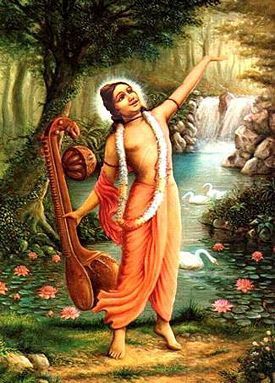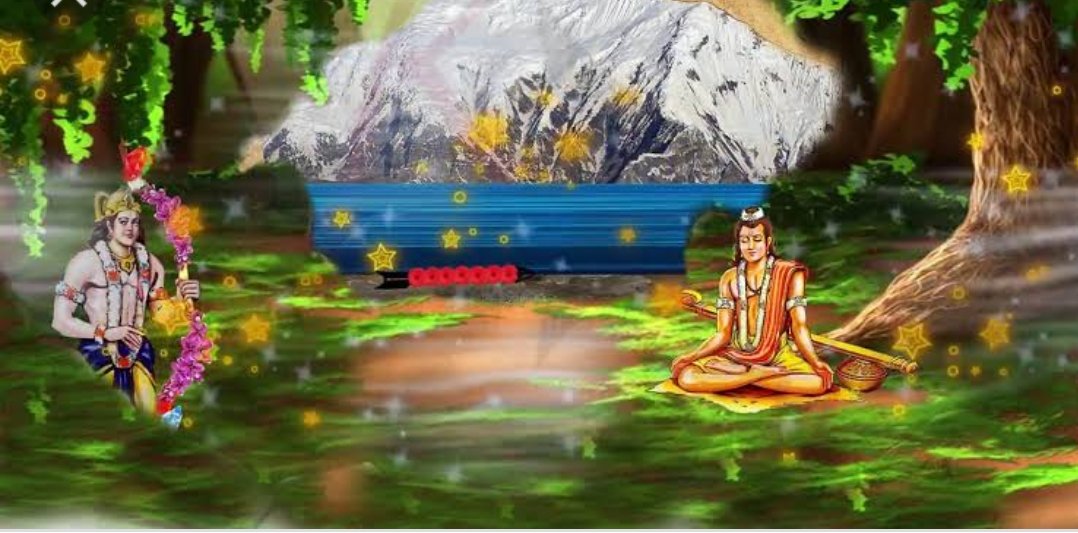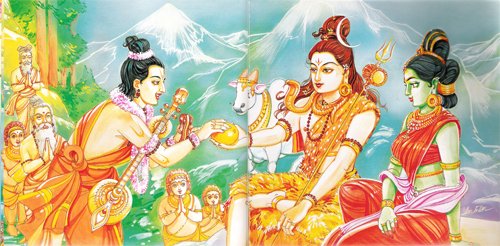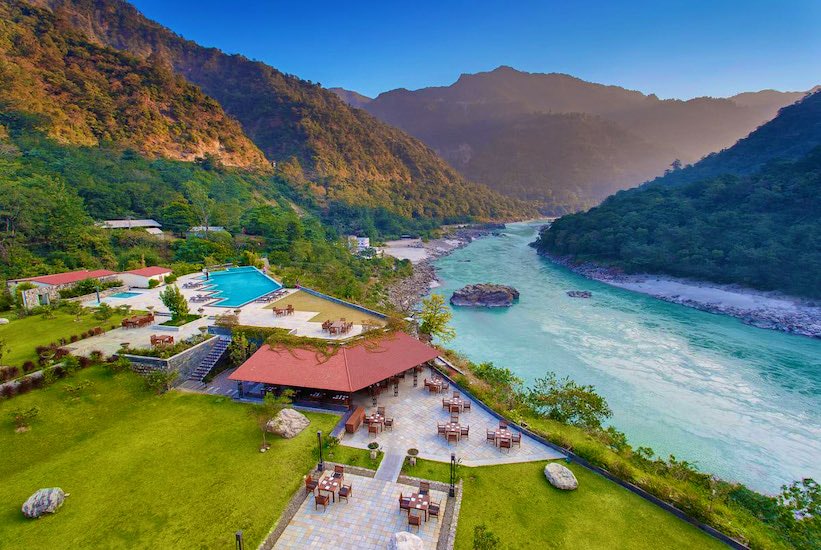1) The Soviet liberation of Auschwitz is a deeply symbolic event, but it is worth noting that allied forces were liberating Nazi camps until May of 1945. Unspeakable suffering and death continued for months
On this day in 1945 Soviet forces liberated Auschwitz-Birkenau. It was the largest concentration and death camp. 1.1 million people, 90% of them Jews, were murdered there. Today it is an international day of commemoration, to honor the memory of all victims of Nazi extermination.
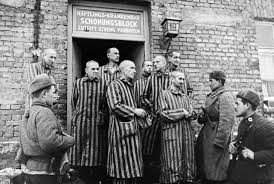
1) The Soviet liberation of Auschwitz is a deeply symbolic event, but it is worth noting that allied forces were liberating Nazi camps until May of 1945. Unspeakable suffering and death continued for months
The seeds for the Holocaust were laid long before Auschwitz was opened, and the Holocaust continued after its liberation.
Auschwitz, generally taken to be an adequate or even a final symbol of the evil of mass killing, is in fact only the beginning of knowledge, a hint of the true reckoning with the past still to come.
https://t.co/FuqXkJj1Zk
Most were executed across what is today Poland, Belarus, Ukraine, and the Baltic states. Few ever saw a camp
I wrote about this at some length the last time there was a controversy involving Anne Frank.
https://t.co/l1EI17uGiq
The Nazis didn't see themselves as the bad guys. Neither did the Germans who voted for them or the people who collaborated with them.
Ask yourself what you have in common with our persecutors.
Do you take ownership of your responsibility to oppose these forces?
More from History
TIL:
- first Western detective stories translated & published in Japan in *1863*--that's pre-Meiji, even!
- first Chinese-written detective stories featuring Western-style detectives starred women as both detectives and criminals were published in 1907--author Lü Simian (!).
Quote: “This case is so complicated that even Sherlock Holmes would feel helpless if it fell into his hands. [Now] it is solved by a woman who returned from abroad for a brief
visit to her hometown. Who is to say that the wisdom of Chinese cannot compete with the Westerners?”
The lead female detective in these stories, Chu Yi, is a fan of Doyle's Holmes stories and asks herself "What would Sherlock Holmes do?" while crime-solving, but succeeds through her use of martial arts and more "Chinese" attributes--China, not the West, solves the crimes.
Author Lü Simian, btw, is this guy: https://t.co/swPvAxr87J . One of the "four greatest modern Chinese historians," also wrote a landmark work of literary theory, and helped cohere Chinese detective fiction with his stories. Bit of a badass.
Holmes was the dominant influence on Chinese detective fiction of the late-Qing & early Republic years, and the biggest star of Chinese detective fiction of those years, Cheng Xiaoqing's Huo Sang, was a spin on Holmes.
- first Western detective stories translated & published in Japan in *1863*--that's pre-Meiji, even!
- first Chinese-written detective stories featuring Western-style detectives starred women as both detectives and criminals were published in 1907--author Lü Simian (!).
Quote: “This case is so complicated that even Sherlock Holmes would feel helpless if it fell into his hands. [Now] it is solved by a woman who returned from abroad for a brief
visit to her hometown. Who is to say that the wisdom of Chinese cannot compete with the Westerners?”
The lead female detective in these stories, Chu Yi, is a fan of Doyle's Holmes stories and asks herself "What would Sherlock Holmes do?" while crime-solving, but succeeds through her use of martial arts and more "Chinese" attributes--China, not the West, solves the crimes.
Author Lü Simian, btw, is this guy: https://t.co/swPvAxr87J . One of the "four greatest modern Chinese historians," also wrote a landmark work of literary theory, and helped cohere Chinese detective fiction with his stories. Bit of a badass.
Holmes was the dominant influence on Chinese detective fiction of the late-Qing & early Republic years, and the biggest star of Chinese detective fiction of those years, Cheng Xiaoqing's Huo Sang, was a spin on Holmes.











